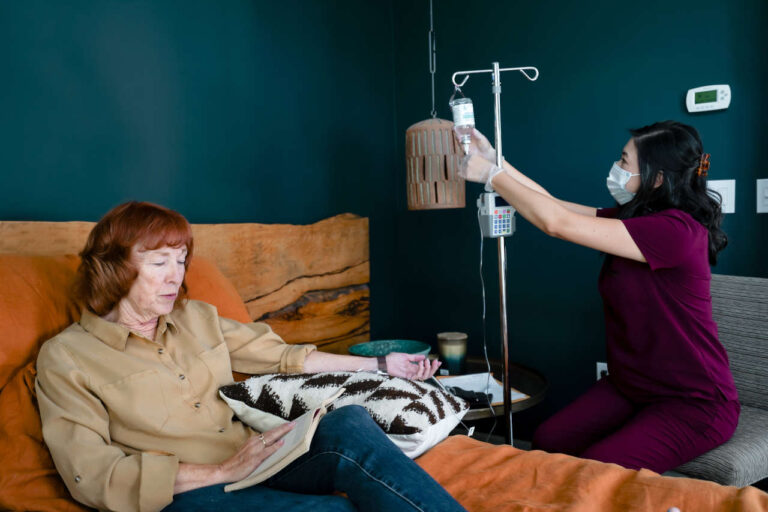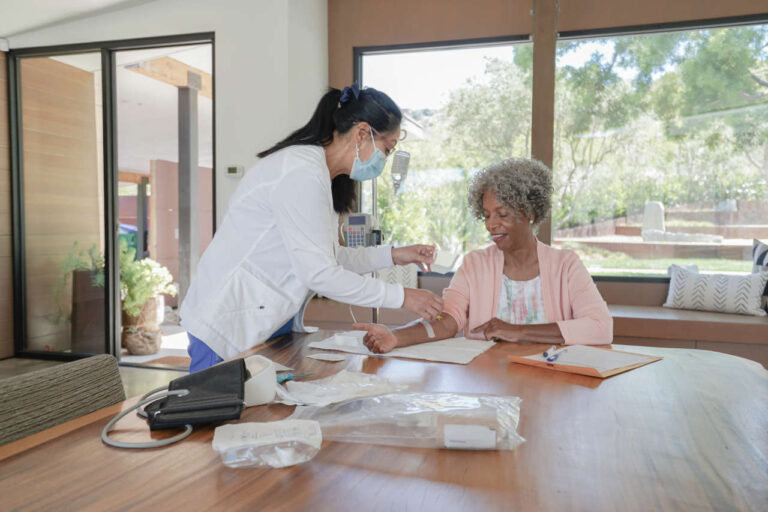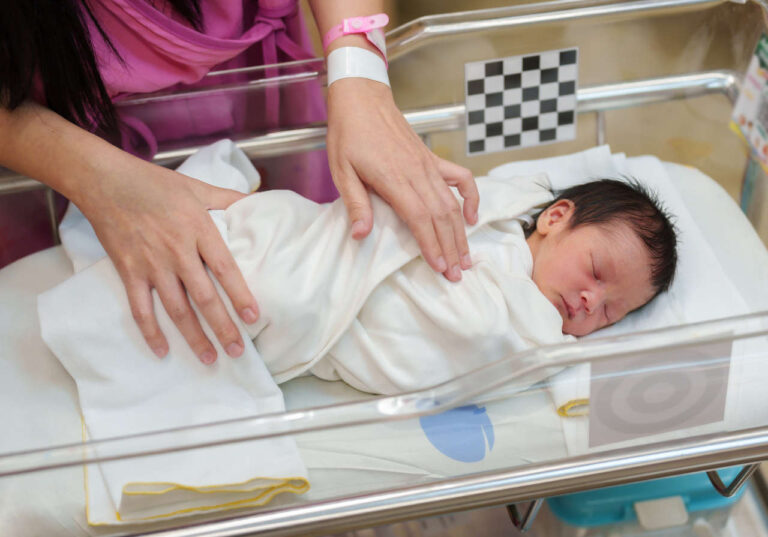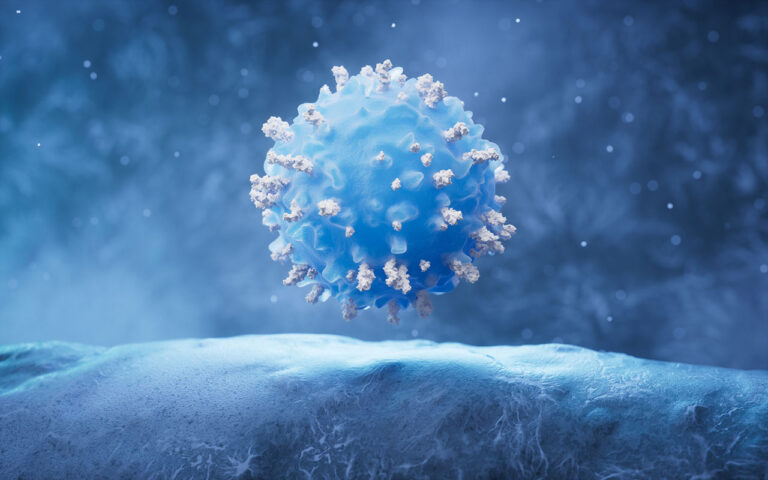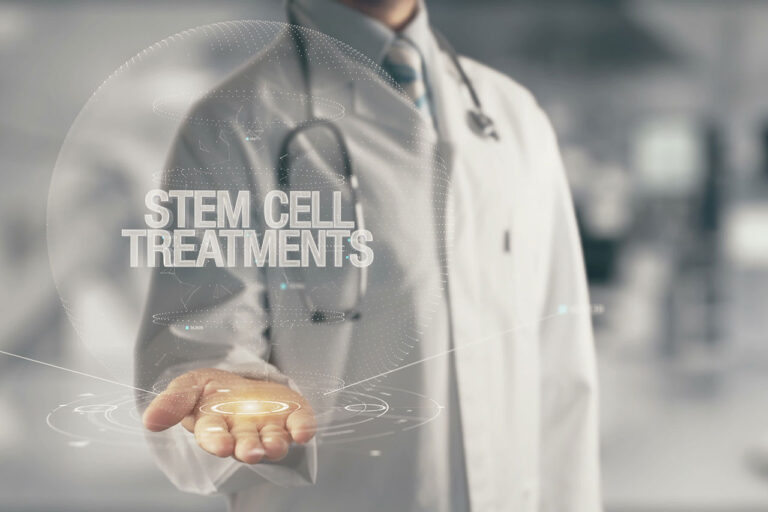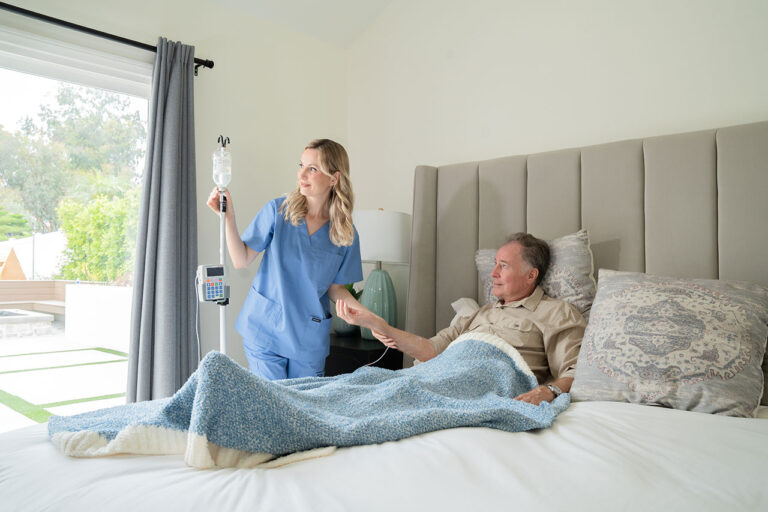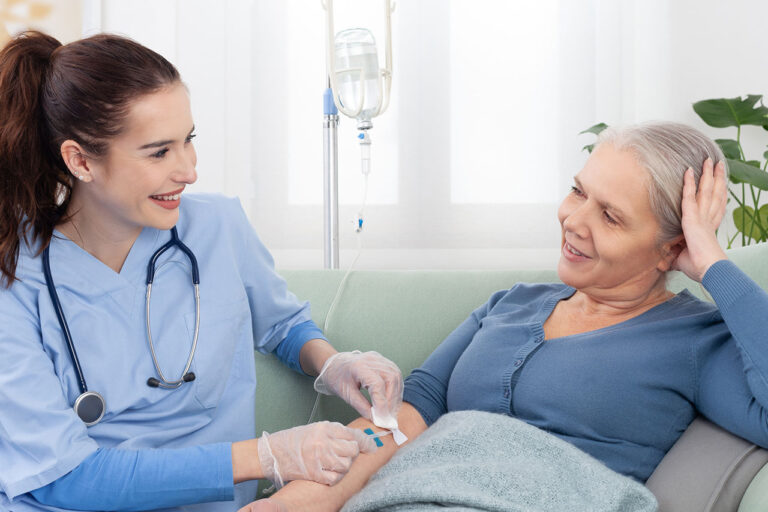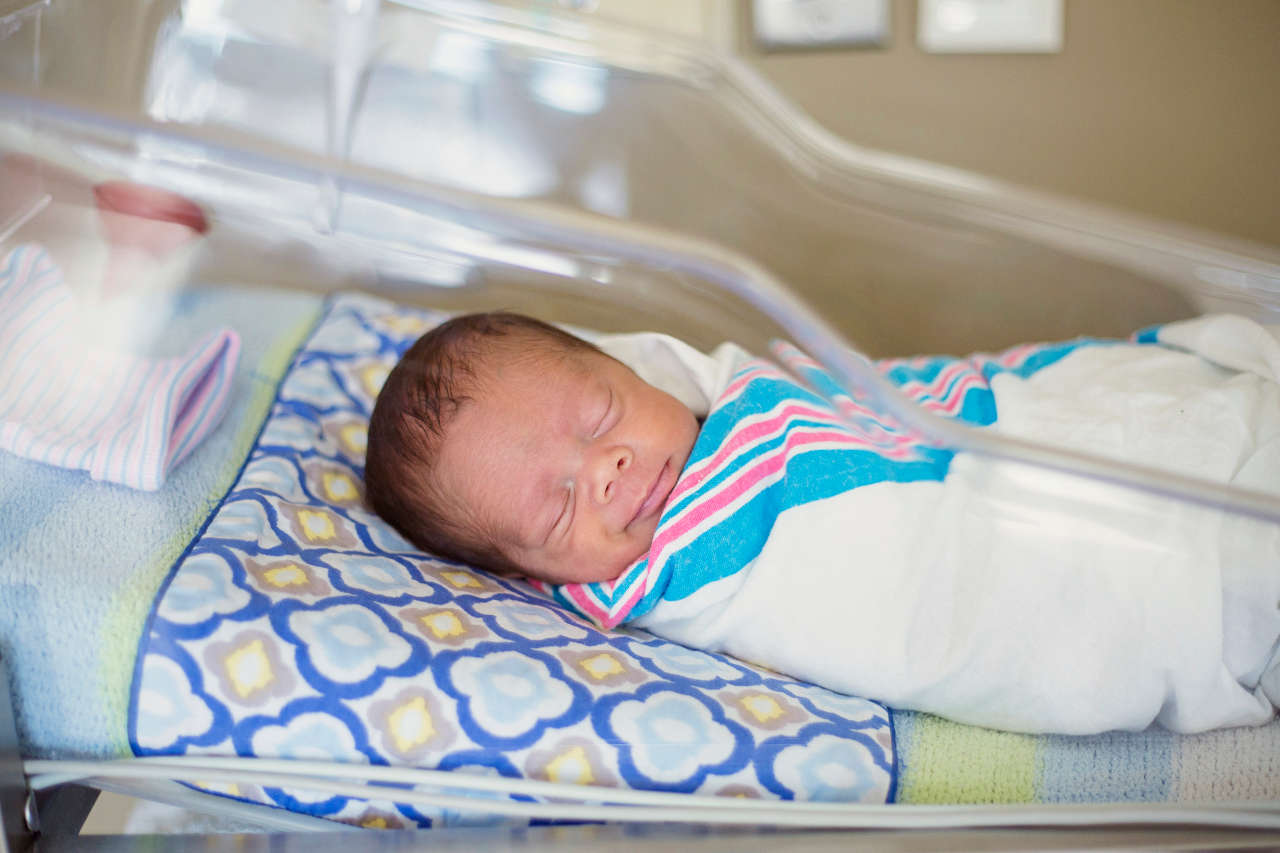
Limited evidence supports the use of IVIG for hyperbilirubinemia in newborns. However, IVIG may be an option when other treatments don’t work.
What Is Hyperbilirubinemia in Newborns?
Hyperbilirubinemia in newborns (neonatal hyperbilirubinemia) occurs when there is an excess of bilirubin in your baby’s blood. Bilirubin is a yellowish substance that forms when the “used” red blood cells break down.
Elevated bilirubin levels in the blood lead to classic symptoms, including yellowing of the skin, the white part of the eyes (sclera), and mucous membranes.
Also called neonatal jaundice, it is one of the main causes of admission and readmission among newborns born in the U.S. [1]
There are two types of neonatal jaundice [2]:
- Physiological jaundice: This is the more common type. The symptoms are mild, and they tend to resolve within a span of 14 days.
- Pathological jaundice: This is the severe type that requires immediate medical care. If left untreated for an extended period, it has the potential to harm your baby’s brain and lead to issues with vision and hearing.
When IVIG May Be Used To Treat Hyperbilirubinemia in Newborns
Phototherapy stands as the primary treatment for infants with hyperbilirubinemia. This method involves exposing the baby to a specific type of light that aids the liver in breaking down bilirubin.
If bilirubin concentrations keep escalating after phototherapy, exchange transfusion (ET) might be required. This procedure involves substituting your baby’s blood with fresh blood obtained from a donor.
Your baby’s doctor may consider IVIG for hyperbilirubinemia if:
- Phototherapy fails to decrease bilirubin levels
- The use of exchange transfusion is not possible
How IVIG works for hyperbilirubinemia is unclear. However, it is thought to work by preventing the breakdown of your baby’s red blood cells.
According to the updated “American Academy of Pediatrics (AAP)” clinical practice guideline, IVIG at doses 0.5 to 1 g/kg over 2 hours may be provided to infants with hyperbilirubinemia if their total serum bilirubin levels are higher than a specific value [3]. An additional dose can be administered after a 12-hour interval.
It’s crucial to understand that, even after being used for over 20 years, the use of IVIG to treat infant hyperbilirubinemia is still somewhat controversial. Therefore, before considering IVIG treatment for your baby, it is imperative that you speak with a hematologist.
Potential Benefits of IVIG for Hyperbilirubinemia in Newborns
Limited evidence shows that IVIG for hyperbilirubinemia in newborns may decrease:
- The need for exchange transfusion in severe cases
- The number of exchange transfusions per infant
- The duration of phototherapy and hospital stay
Certain healthcare practitioners may use IVIG as a prophylactic measure for baby hyperbilirubinemia. Nonetheless, there is a shortage of meaningful evidence to support this approach.
Get IVIG Copay Assistance
Speak to a SpecialistRisks of IVIG for Hyperbilirubinemia in Newborns
Studies in neonates show that IVIG may cause [5].
- Difficulty breathing
- Higher risk of necrotizing enterocolitis (a serious condition that causes swelling and death of intestinal tissue)
Other side effects can include:
- Fever
- Headaches
- Severe allergic reactions (in IgA deficiency)
- Fluid overload (too much fluid in the body)
REFERENCES:
- Rasiah, S., Jegathesan, T., Campbell, D.M. et al. Intravenous immunoglobulin G therapy for neonatal hyperbilirubinemia. Pediatr Res (2023). https://doi.org/10.1038/s41390-023-02712-0
- Ullah, Sana et al. “Hyperbilirubinemia in Neonates: Types, Causes, Clinical Examinations, Preventive Measures and Treatments: A Narrative Review Article.” Iranian journal of public health vol. 45,5 (2016): 558-68.
- Kemper, Alex R., et al. “Clinical Practice Guideline Revision: Management of Hyperbilirubinemia in the Newborn Infant 35 or More Weeks of Gestation.” Pediatrics, vol. 150, no. 3, American Academy of Pediatrics, Aug. 2022, https://doi.org/10.1542/peds.2022-058859.
- Government of Western Australia Child and Adolescent Health Service. Jaundice: Intravenous Immunoglobulin (IVlg) for severe Haemolytic Disease of the Newborn (HDN). https://cahs.health.wa.gov.au/~/media/HSPs/CAHS/Documents/Health-Professionals/Neonatology-guidelines/Jaundice-Immunoglobulin-Infusion-IVlg-in-Isoimmune-Haemolytic-Jaundice.pdf?thn=0https://cahs.health.wa.gov.au/~/media/HSPs/CAHS/Documents/Health-Professionals/Neonatology-guidelines/Jaundice-Immunoglobulin-Infusion-IVlg-in-Isoimmune-Haemolytic-Jaundice.pdf?thn=0
- Lieberman, Lani et al. “International guidelines regarding the role of IVIG in the management of Rh- and ABO-mediated haemolytic disease of the newborn.” British journal of haematology vol. 198,1 (2022): 183-195. doi:10.1111/bjh.18170


